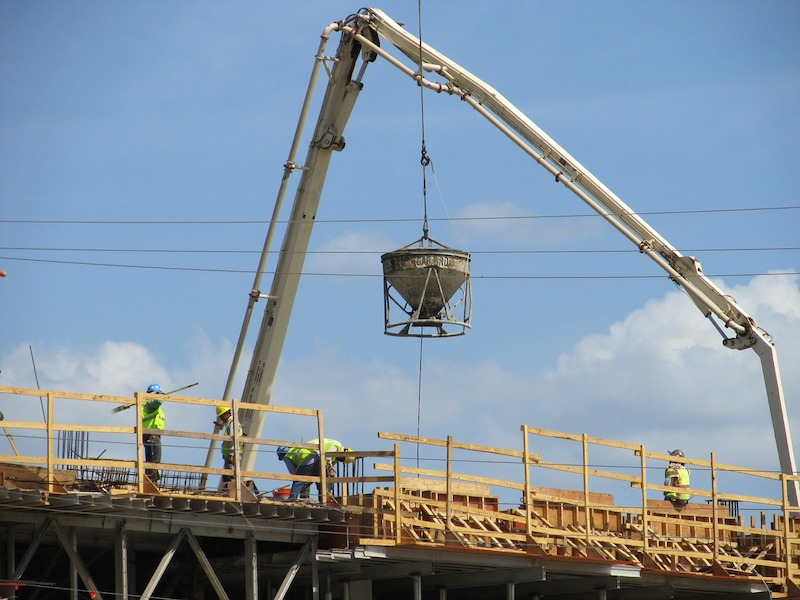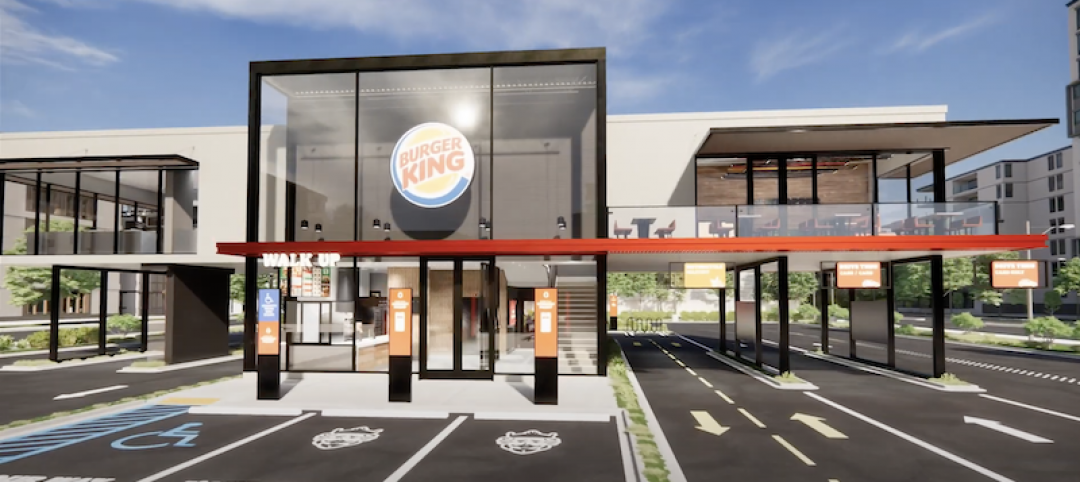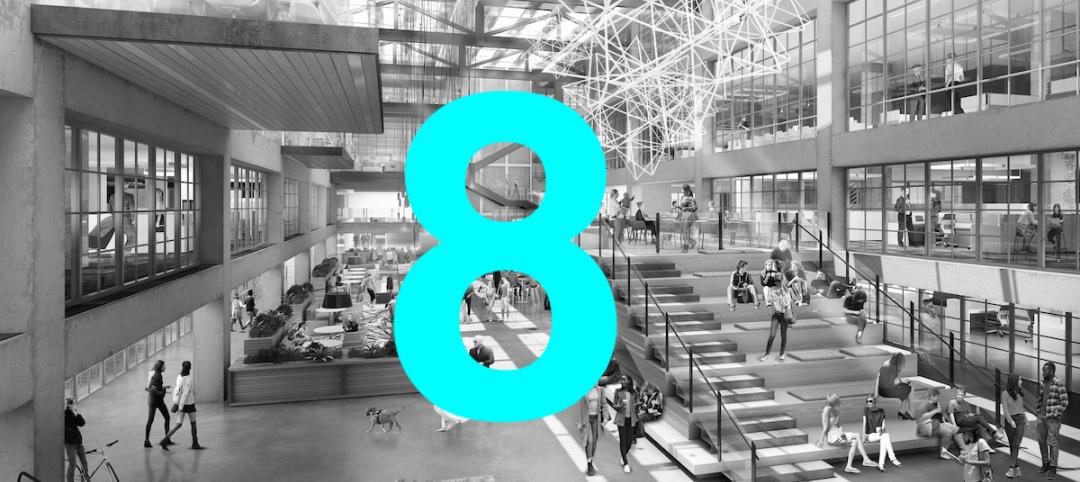Construction spending in February increased 6.0% from February 2019, with year-over-year gains in both residential and nonresidential outlays, according to a new analysis of federal data released today by the Associated General Contractors of America. Association officials cautioned that their latest survey shows conditions for contractors have deteriorated rapidly since February. They called on Congress to urgently pass targeted recovery measures to boost infrastructure funding, compensate firms for lost or delayed federally funded work, and provide needed pension relief.
“Spending in February declined 1.3% from an upwardly revised, exceptionally strong pace in January that was aided by unusually mild winter weather in much of the country,” said Ken Simonson, the association’s chief economist. “Together, the rate in the first two months of 2020 represents a high-water mark immediately before government officials ordered widespread business closures and project owners canceled or halted work on their sites. The survey we conducted March 23 to 26 found that 39% of the more than 1600 respondents said they had been directed to stop work on one or more projects.”
Simonson added that 45% of respondents reported experiencing project delays or disruptions. Shortages of material, parts and equipment, including vital personal protective equipment for workers such as respirators, were reported by 23% of respondents. Eighteen percent reported shortages of craftworkers, while 16% said projects were delayed by shortages of government workers needed for inspections, permits and other actions. Thirteen percent said delay or disruption had occurred because a potentially infected person had visited a jobsite.
“When projects shut down, jobs are lost not only in construction but also in a host of other industries, ranging from quarries to manufacturers, and truckers to professional services,” the economist noted. “Investing in infrastructure now will bring these jobs back sooner and will buy a lot more construction while fuel and materials costs are low.”
Association officials said that, considering that 39% of contractors have had at least one project canceled or delayed because of the coronavirus, construction spending is likely to decline for the foreseeable future. They added that firms will have a hard time continuing to pay current staff under these conditions and called on Washington officials to make new investments in infrastructure, provide relief from losses incurred on delayed or canceled federally funded projects, and pass protections for multi-employer pensions in order to help the industry recover from the economic impacts of the pandemic.
“The pandemic is prompting a collapse in demand for commercial construction, putting tens of thousands of jobs at risk,” said Stephen E. Sandherr, the association’s chief executive officer. “Congress and the administration must do more to make sure that efforts to flatten the curve don’t flat-line this industry and its millions of jobs.”
Related Stories
Coronavirus | Sep 28, 2020
Cities to boost spending on green initiatives after the pandemic
More bikeways, car restrictions, mass transit, climate resilience are on tap.
Coronavirus | Sep 28, 2020
Evaluating and investing resources to navigate past the COVID-19 pandemic
As AEC firm leaders consider worst-case scenarios and explore possible solutions to surmount them, they learn to become nimble, quick, and ready to pivot as circumstances demand.
Coronavirus | Sep 24, 2020
The Weekly show: Building optimization tech, the future of smart cities, and storm shelter design
The September 24 episode of BD+C's "The Weekly" is available for viewing on demand.
Coronavirus | Sep 10, 2020
Mobile ordering is a centerpiece of Burger King’s new design
Its reimagined restaurants are 60% smaller, with several pickup options.
Coronavirus | Sep 9, 2020
Prefab: Construction’s secret weapon against COVID-19
How to know if offsite production is right for your project.
Coronavirus | Sep 3, 2020
The Weekly show: JLL's construction outlook for 2020, and COVID-19's impact on sustainability
The September 3 episode of BD+C's "The Weekly" is available for viewing on demand.
Coronavirus | Sep 1, 2020
6 must reads for the AEC industry today: September 1, 2020
Co-working developers pivot to survive the pandemic, and the rise of inquiry-based learning in K-12 communities.
Coronavirus | Aug 28, 2020
7 must reads for the AEC industry today: August 28, 2020
Hotel occupancy likely to dip by 29%, and pandemic helps cannabis industry gain firmer footing.
Coronavirus | Aug 27, 2020
8 must reads for the AEC industry today: August 27, 2020
Extended-stay hotels are the lodging sector's safest bet, and industrial real estate faces short-term decline.
Coronavirus | Aug 25, 2020
Co-living firm Common issues RFP for the future home office and work hub
Common, the U.S.’s largest co-living company, recently released an RFP for a “Remote Work Hub” to blend work and life from the ground up.

















